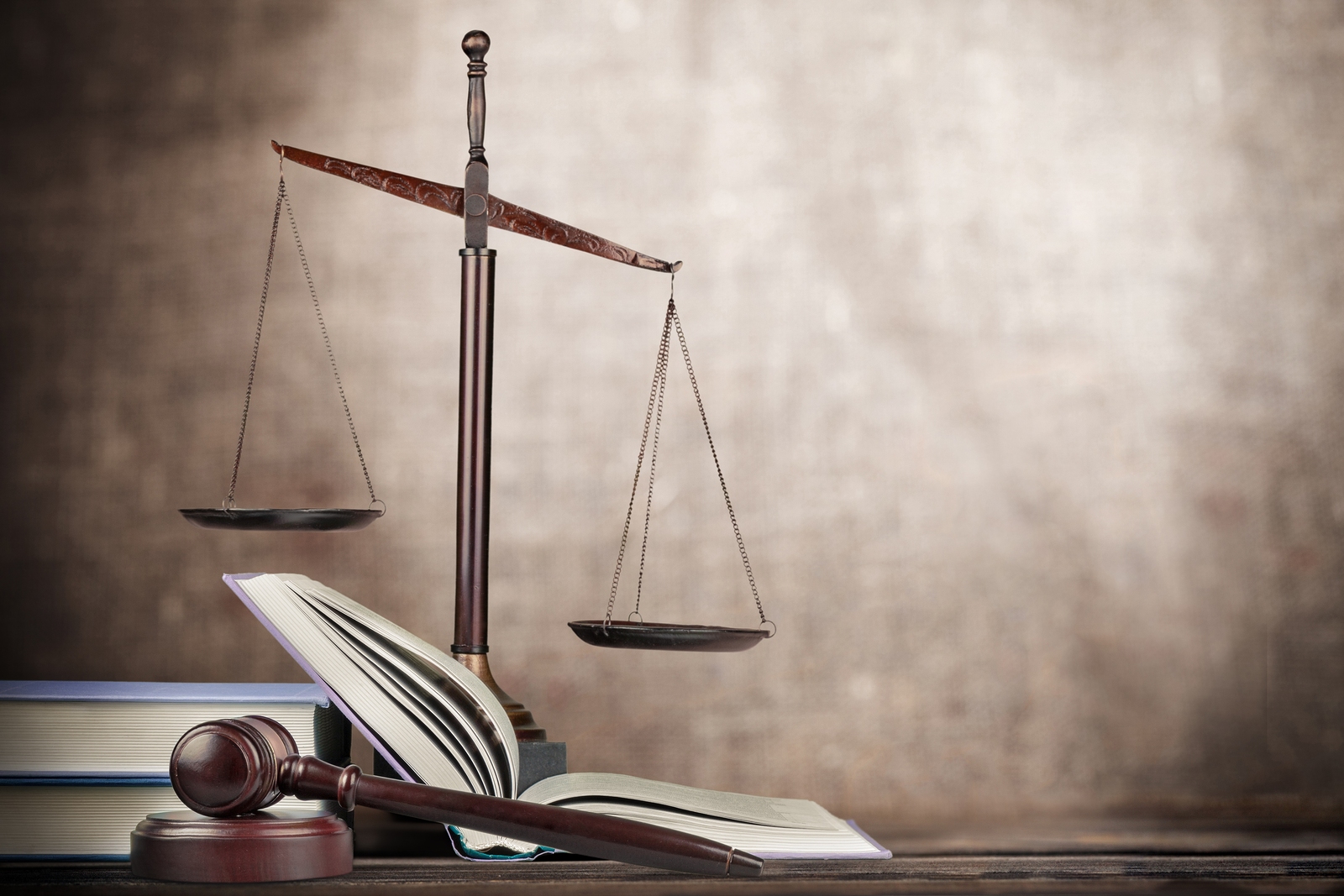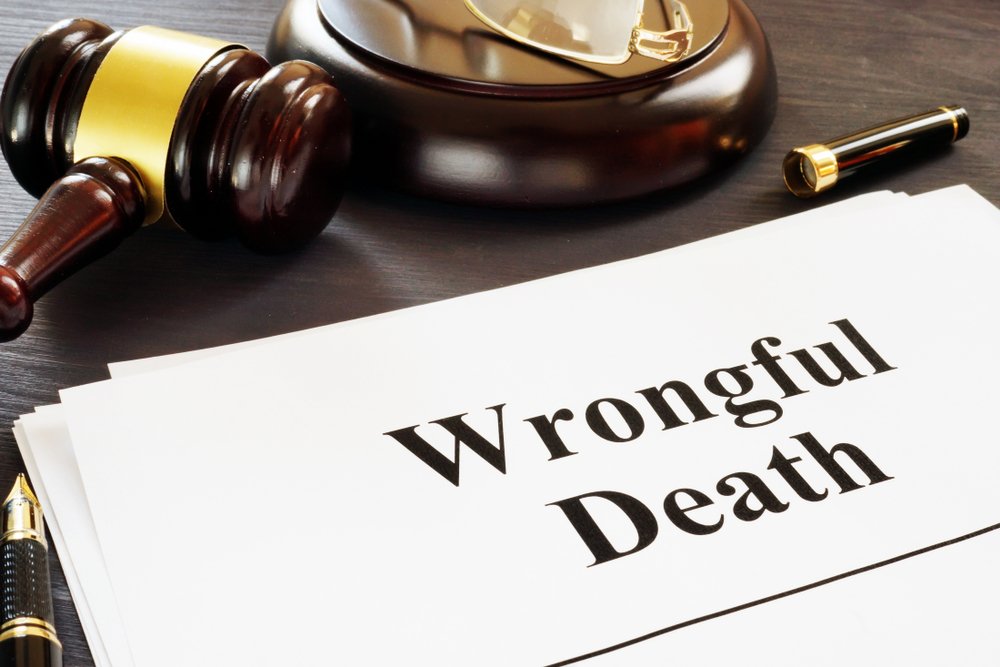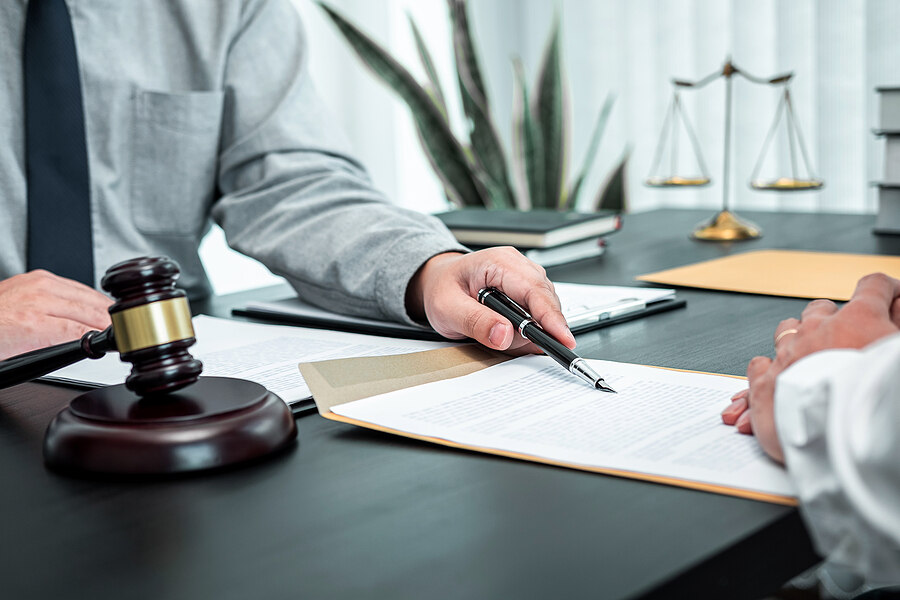Procedural Posture
April 16, 2021Plaintiff moved for remand to Superior Court of California, County of Contra Costa, alleging lack of subject matter jurisdiction in his cause of action, claiming violations of the California Unfair Trade Practices Act and the False Advertising Act.
Overview
Plaintiff customer sought injunction which would have required defendants merchants to accurately and adequately disclose to their customers, the Y2K compliance of the computer hardware and software that they sold, claiming violations of the California Unfair Trade Practices Act, Cal. Bus. & Prof. Code. § 17200 et seq., and the False Advertising Act, Cal. Bus. & Prof. Code § 17500. Defendants removed to federal court under the Y2K Act, 15 U.S.C.S. § 6601 et seq, claiming federal-question jurisdiction. Plaintiff’s moved for remand, alleging a lack of subject matter jurisdiction. The Y2K Act specifically provided that it created no causes of action, and therefore, no federal claims arose from the Y2K Act. Therefore, the court granted the remand, holding that because plaintiff’s cause of action did not arise under federal law, it was a state law action that failed to raise a substantial federal question sufficient to confer federal-question jurisdiction. Appellant was represented by a business lawyer.
Outcome
Plaintiff’s motion to remand granted because plaintiff’s cause of action did not arise under federal law and was a state law action that failed to raise a substantial federal question sufficient to confer federal-question jurisdiction. Plaintiff’s request for attorney’s fees denied.
Procedural Posture
Plaintiff debtor sued defendant collection agency, alleging violations of the Fair Debt Collection Practice Act (FDCPA), 15 U.S.C.S. § 1692 et seq., and the California Unfair Competition Law, Cal. Bus. and Prof. Code § 17200 et seq. The parties settled. The settlement agreement called for plaintiff to receive attorneys’ fees, but, having been unable to reach an agreement on an amount, plaintiff moved for an award of attorneys’ fees and costs.
Overview
Plaintiff claimed attorneys’ fees of $ 38,099 under 15 U.S.C.S. § 1692k(a)(3) of the FDCPA. In applying the lodestar approach, the court disallowed much of the time claimed by her attorneys. As the discovery questions were a cut-and-paste version of questions from the other FDCPA cases handled by these attorneys, the claim of 4.9 hours to prepare discovery was reduced to 1.2 hours. The attorneys’ claim that it took them and a legal assistant 11.1 hours to prepare the motions for class certification lacked credibility, as they had prepared such motions numerous times in the past. Spending 8.9 hours on the motion for attorneys’ fees was excessive. As one attorney showed no reason why local counsel could not have carried out a routine deposition, his claim of 15.4 hours for travel time, and the costs of travel, were disallowed. That attorney’s method of billing items for only one tenth of an hour was unreasonable; his billings were reduced by 5 hours due to this opaque record keeping. The attorneys’ hourly rate was reduced from $ 435 and $ 400 per hour to $ 250 for each of them, based on awards in similar cases. The legal assistant’s rate of $ 110 per hour was reasonable.
Outcome
The court reduced the time claimed by plaintiff’s attorneys, reduced the attorneys’ hourly rate, disallowed costs for travel, and awarded plaintiff $ 15,728 in fees and costs based on the modified time calculations and the hourly rates.
















